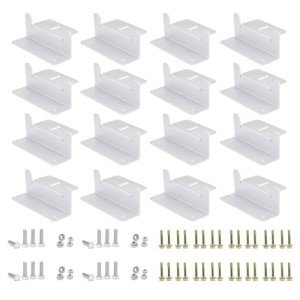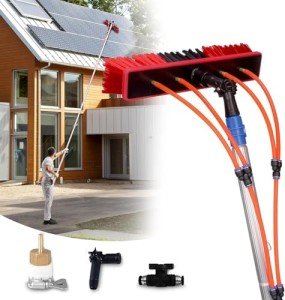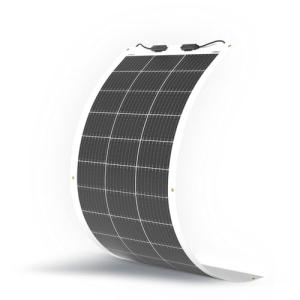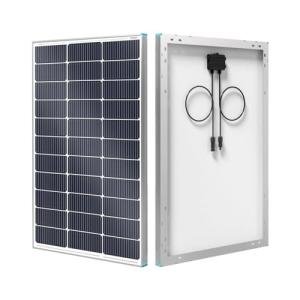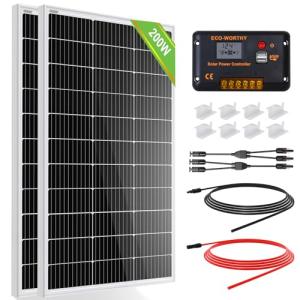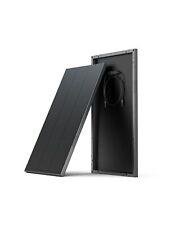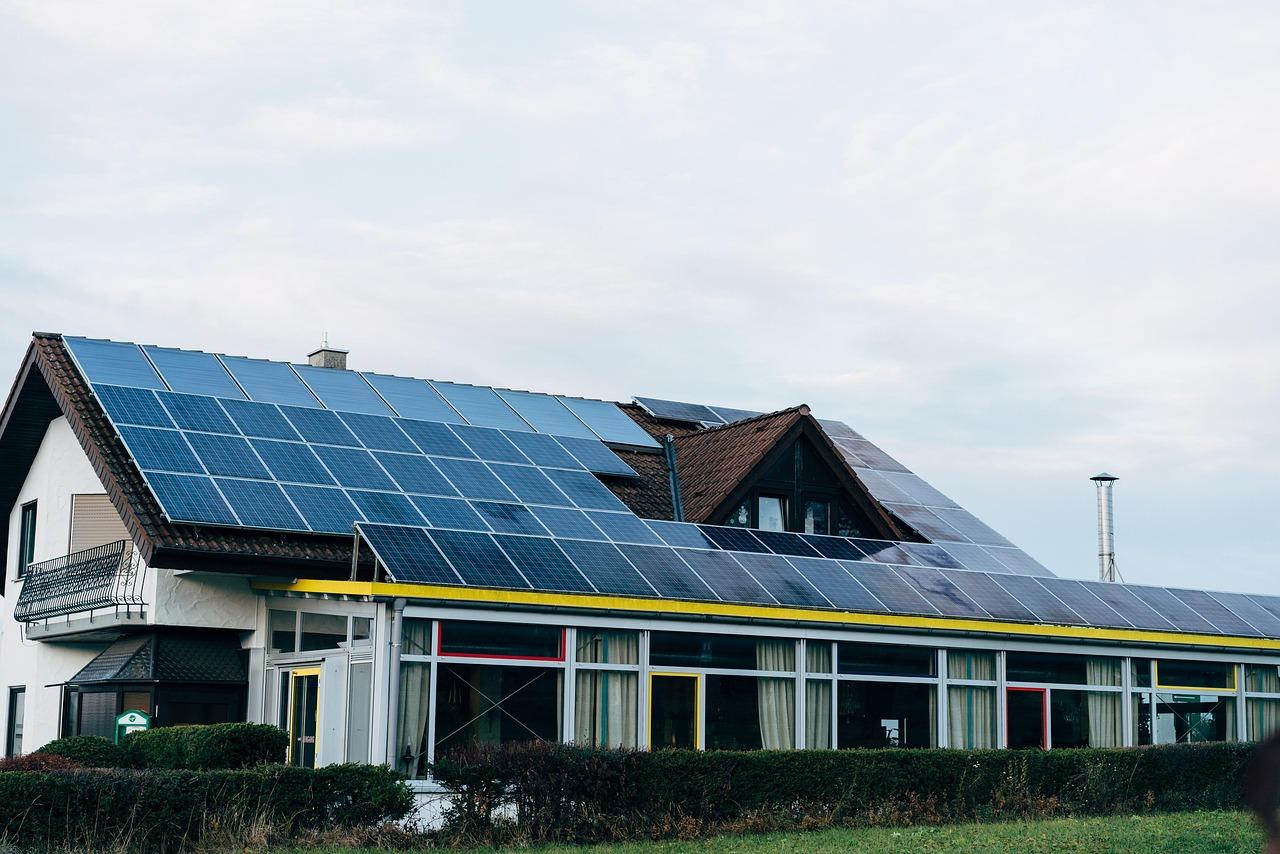When you're diving into the world of solar panels, one of the first things that hits you is the solar panel cost. It can seem a bit overwhelming at first, but knowing what influences these prices can help you make informed choices. Here are a few key factors you should keep in mind when considering your investment.
First off, the type of solar panel matters. There are mainly three types: monocrystalline, polycrystalline, and thin-film. Monocrystalline panels tend to be the most efficient and, as a result, can be pricier. Polycrystalline panels are a bit cheaper but are slightly less efficient. Thin-film panels are the least expensive, but they also take up more space and usually require more installation area.
Another biggie is the brand you choose. Some brands are well-known and respected, which can drive up the cost. Others are newer to the scene and might offer more competitive pricing. However, it's essential to balance price with quality. A less expensive panel might save you cash upfront but could lead to issues down the line.
Installation costs also play a significant role. Depending on where you live and the complexity of your roof, installation can add a noticeable amount to the overall solar panel cost. Don't forget to check if there are local incentives or tax credits that can offset some of those expenses. They can make a big difference in how much you spend.
Lastly, market demand impacts pricing too. If solar panels are in high demand, prices may rise. Conversely, when demand dips, prices may drop. Keeping an eye on the market trends can help you find the best time to buy your solar panels.
Average Costs Explained
When you're looking into solar panels, understanding the average costs can feel a bit overwhelming. Let's break it down. Generally, solar panel cost can vary widely depending on several factors, including where you live, the size of your system, and the type of panels you choose.
On average, you can expect to spend anywhere from $15,000 to $30,000 for a complete solar system. Sounds like a lot, right? But don't panic just yet! This cost often comes with incentives like tax credits or rebates that can cut your expenses significantly. Many states offer programs that can save you thousands.
Another thing to consider is how many panels you'll need. A standard home usually requires around 20 to 30 solar panels to cover its energy usage. The price per panel typically falls between $250 and $350. A quick calculation will help you nail down what you'll be spending overall.
Installation costs will also factor into your total solar panel cost. Hiring a pro usually runs between $2,000 and $5,000, but doing it yourself can save some cash if you're handy. Just remember, professional installation often ensures that everything is set up properly and safely, which is super important!
Don’t forget about the long-term savings. Although the upfront solar panel cost might seem high, think about your electrical bills shrinking or even disappearing entirely over time. That's pretty awesome! Who doesn’t want to save on monthly expenses while helping the planet?
ECO-WORTHY Solar Panel Mounting Z Bracket Set
Securely attach your solar panels with this easy-to-install Z bracket set designed for durability and stability
Product information
€16.07
Product Review Score
4.63 out of 5 stars
72 reviewsProduct links
Saving Money with Solar Energy
Switching to solar energy can lead to some serious savings. When you opt for solar panels, you’re investing in a way to cut down your monthly electricity bills. Imagine generating your own power! It’s like being your own utility provider. Over time, those savings really add up.
Consider this: Many homeowners see a reduction of 20% to 50% in their energy costs after installing solar panels. That’s money back in your pocket, which you can spend on what really matters. Plus, you might even qualify for tax credits and rebates that can help lower the upfront Solar Panel Cost.
Another thing to keep in mind is that solar panels can actually increase the value of your home. When the sun is doing the heavy lifting, prospective buyers notice. They love the idea of lower energy bills and a greener lifestyle. So, investing in solar is not just about saving money today; it’s also about boosting your home’s value for the future.
And don’t forget the long-term benefits! Solar panels typically come with warranties that last for 25 years or more. After you’ve paid off the initial Solar Panel Cost, you can enjoy years of free electricity. Thinking of going solar? It’s definitely worth exploring to see just how much you can save.
35 FT Adjustable Solar Panel Cleaning Kit
Keep your solar panels sparkling clean with this easy-to-use adjustable cleaning kit
Product information
€143.82
Product Review Score
4.82 out of 5 stars
28 reviewsProduct links
Financing Options for Your Solar System
Thinking about going solar but worried about the cost? You’re not alone! Solar panel cost can feel overwhelming, but don’t stress. There are plenty of financing options that can help you get started without breaking the bank.
One of the most popular options is solar loans. These allow you to borrow money to pay for your solar system and pay it off over time. The good news is, many of these loans come with low-interest rates. So while you’re paying off the loan, you’ll still be saving money on your energy bills. It’s like investing in your future while enjoying immediate savings!
If you prefer a hands-off approach, consider leasing your solar system. With a lease, you pay a monthly fee to use the solar panels, and the installation company takes care of everything. You get the benefits of solar energy without the hefty upfront costs. Just keep in mind that you won’t own the system, so any tax credits or incentives will typically go to the leasing company instead of you.
Another option is power purchase agreements (PPAs). This works similarly to a lease, but instead of paying a monthly fee, you pay for the power generated by the solar panels at a fixed rate. It’s a great way to secure lower energy costs over time, plus the installation is usually covered by the solar company.
Don’t forget about government incentives! Many local, state, and federal programs offer tax credits or rebates that can significantly lower your solar panel cost. So be sure to research what’s available in your area. With the right financing, going solar can be a smart, affordable decision for your home.

